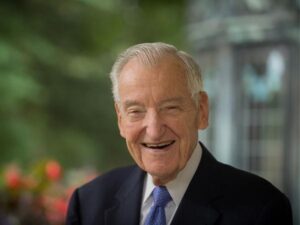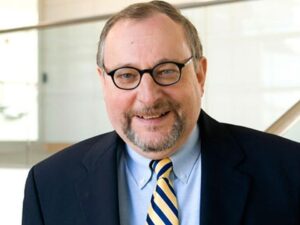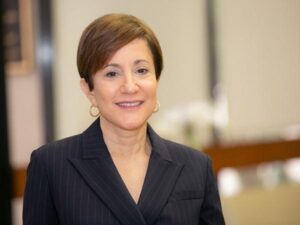The Richard Nixon Foundation will host the Nixon National Cancer Conference at the Richard Nixon Presidential Library and Museum in Yorba Linda, CA, on Dec. 1-2.
FDA watchers and clinical trialists in oncology may want to pay close attention to the agency’s latest plans to increase representation of traditionally marginalized populations in drug development.
There’s a cultural perception in drug development that enrolling a diverse, heterogeneous patient cohort can be “risky” for detecting drug effects—a perception that needs to go away, said Lola Fashoyin-Aje, associate director of the Science & Policy Program to Address Disparities at the FDA’s Oncology Center of Excellence and a deputy division director in the agency’s Office of Oncologic Diseases.
Drug manufacturers and researchers have a moral obligation to design clinical trials that adequately represent the target population for the investigational agent—and these medical products need to be safe and effective for everyone, leading clinical trial experts in oncology say.
President Biden has been describing the Advanced Research Projects Agency for Health (ARPA-H), a DARPA-like biomedical research agency, as the centerpiece of his effort to “end cancer as we know it.”
Few people can say they have contributed more to our field than Dr. Walter Lawrence, Jr., and we are so deeply saddened by his passing Nov. 9 at age 96.
On Oct. 11, 1971, Roswell Park Memorial Institute hosted hearings to discuss the National Cancer Act of 1971. The hearings finalized the language of the bill and established the Cancer Center Support Grant.
FDA’s recent approval of an immunotherapy in the adjuvant setting for stage II-IIIA non-small cell lung cancer makes it all the more urgent to detect lung cancer at early stages.
The Association of American Cancer Institutes is designing two programs to address systemic underrepresentation of racial and ethnic minority physicians and scientists in leadership positions in oncology.
The National Cancer Act of 1971 established an unprecedented government-wide plan to eradicate a major disease, creating institutions that have no equivalent in other therapeutic areas and galvanizing the nationwide conversation about cancer.















